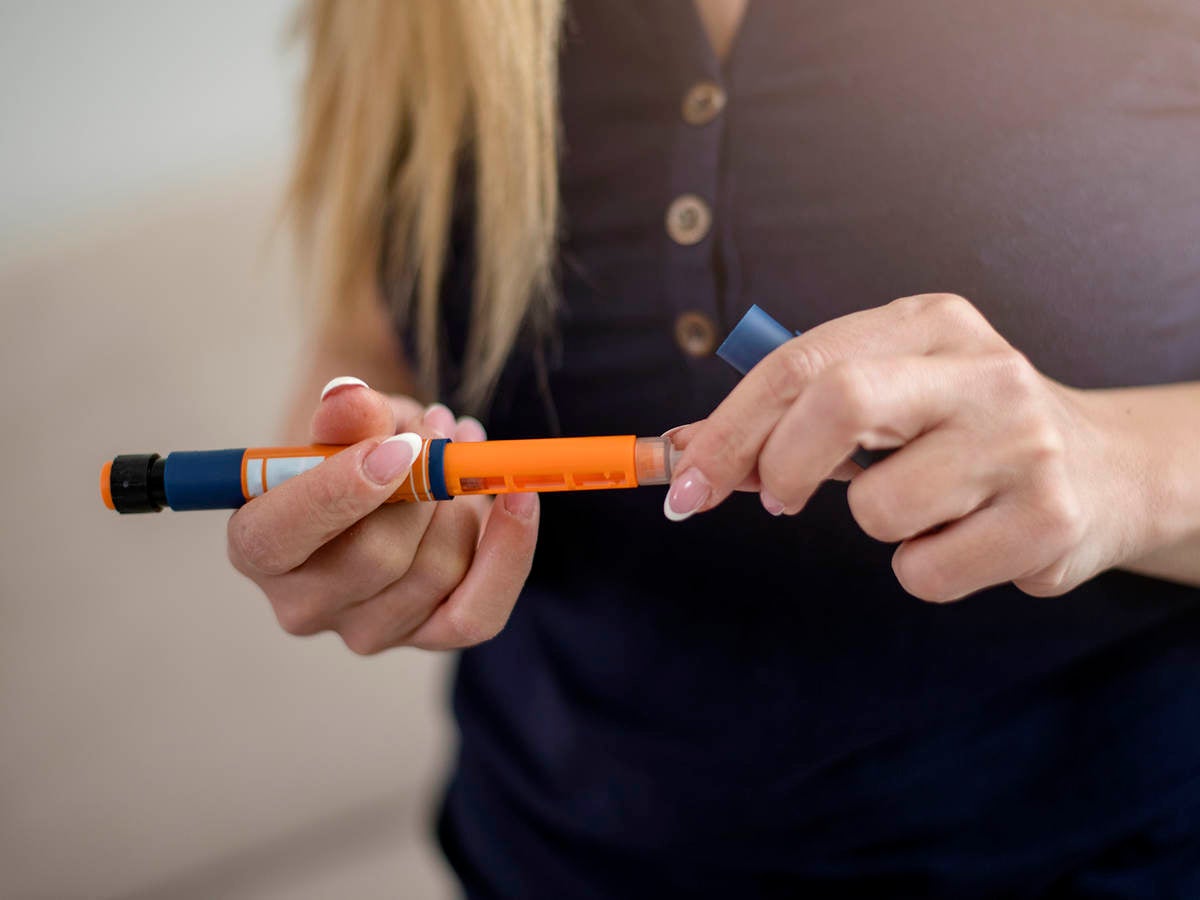August 28, 2020
Combination products are therapeutic and diagnostic products that combine drugs, devices and/or biologics. Autoinjectors and “pens,” two of the most common types of combination products, which are designed to deliver either a preset or selected dose of a particular drug, are a fast-growing sector of the healthcare manufacturing market as treatment becomes increasingly mobile outside hospital/clinical environments and patients become more self-reliant. Most of these products were principally developed to overcome the hesitation associated with self-administration of a shot.
There are many reasons why a drug or therapy may be administered via a combination product, including dosing control, compliance with the physician’s recommendation, immediate activation, asset management, and general efficiency. These qualities can be especially beneficial to combating infectious disease pandemics as they can make the much-needed vaccines and therapies widely accessible and administered correctly when access to healthcare providers is limited.
Although combination products offer many benefits, it is extremely important to recognize the risk of human error and implement design-based precautions. UL has deep expertise at applying Human Factor Engineering (HFE) to combination products. Our experts help clients recognize potential interaction problems between products and their users, including patients and their caregivers. In times of emergency, training and detailed instructions may be overlooked so having an intuitive product with clear, easy-to-read buttons/labeling following industry standards becomes even more essential. That said, well-designed instructions help many people. Our HFE experts are able to perform early-to later-stage usability tests of combination products and advise on best design practices regarding hardware, software, and instructions. They are also able to document thorough, customized safety reports pertaining to use-related risk analysis and usability test results that satisfy regulatory requirements and considerations.
Via our non-clinical laboratories and engineers, UL provides a wide variety of biocompatibility and chemical characterization services combination products. In addition to finished goods, we also test biotech plastic components for toxicity and other unwanted chemical reactions as products come into contact with the skin/human body.
Biocompatibility and packaging evaluation may include the following tests pertaining to combination products:
- Colony Forming
- Cytotox
- GC/MS, ICP
- Intracutaneous Irri
- Sensi M&K
- Sterilization
- USP Class VI
- Phys-Chem RI
- Transport Simulation ASTM D 7386
- ISTA
